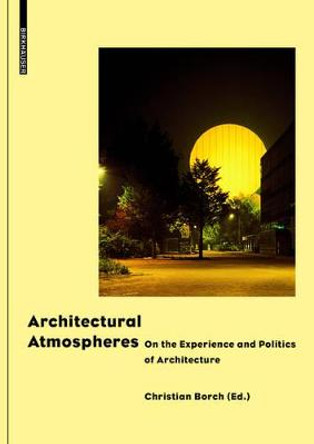Description
Why write instead of draw when it comes to architecture? Why rely on literary pieces instead of architectural treatises and writings when it comes to the of study buildings and urban environments? Why rely on literary techniques and accounts instead of architectural practices and analysis when it comes to academic research and educational projects? Why trust authors and writers instead of sociologists or scientists when it comes to planning for the future of cities? This book builds on the existing interdisciplinary bibliography on architecture and literature, but prioritizes literature's capacity to talk about the lived experience of place and the premise that literary language can often express the inexpressible. It sheds light on the importance of a literary instead of a pictorial imagination for architects and it looks into four contemporary architectural subjects through a wide variety of literary works. Drawing on novels that engage cities from around the world, the book reveals aspects of urban space to which other means of architectural representation are blind. Whether through novels that employ historical buildings or sites interpreted through specific literary methods, it suggests a range of methodologies for contemporary architectural academic research. By exploring the power of narrative language in conveying the experience of lived space, it discusses its potential for architectural design and pedagogy. Questioning the massive architectural production of today's globalized capital-driven world, it turns to literature for ways to understand, resist or suggest alternative paths for architectural practice. Despite literature's fictional character, the essays of this volume reveal true dimensions of and for places beyond their historical, social and political reality; dimensions of utmost importance for architects, urban planners, historians and theoreticians nowadays.
About the Author
Angeliki Sioli is assistant professor of architecture at Louisiana State University, USA and a licensed architect in Greece. She obtained her professional diploma in architecture from the University of Thessaly, Greece, and was granted a post-professional master's in architectural theory and history by the National Technical University of Athens, Greece. She completed her PhD in history and theory of architecture at McGill University, Canada in 2015. Her research seeks connections between architecture and literature in the public realm of the early twentieth-century European city. It has been published in a number of edited books and journals, as well as presented at interdisciplinary conferences. She has worked as a professional architect and designer on projects ranging from residential and office buildings to the design of small-scale objects and books. She has also taught both undergraduate and graduate courses at McGill University in Canada and University Tec de Monterrey in Mexico. Yoonchun Jung is originally from South Korea. He received his bachelor's degree in architecture from Hongik University, South Korea (2000), MArch from Cornell University, USA (2007) and PhD in architecture from McGill University, Canada (2015). His research interest focuses on various social, cultural and political phenomena in modern Asian architecture and cities. He taught at Cornell University from 2004 to 2006, The State University of New York at Buffalo from 2006 to 2008 and McGill University in 2010. From 2012 to 2013, he conducted PhD research in Korean architectural modernity at Kyoto University as a Japan Foundation fellow. He has won numerous awards and research grants, and his work has been published in many journals and edited collections. In the summer of 2015, he co-organized the Reading Architecture Symposium with Dr. Angeliki Sioli and Dr. Alberto Perez-Gomez under the auspices of the Benaki Museum of Athens and the Hellenic Institute of Architecture. He is currently assistant professor at the Department of Architecture of Kwangwoon University in South Korea.
Book Information
ISBN 9781138224278
Author Angeliki Sioli
Format Paperback
Page Count 210
Imprint Routledge
Publisher Taylor & Francis Ltd
Weight(grams) 408g






